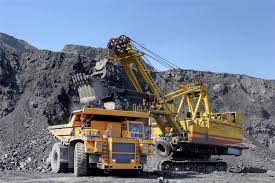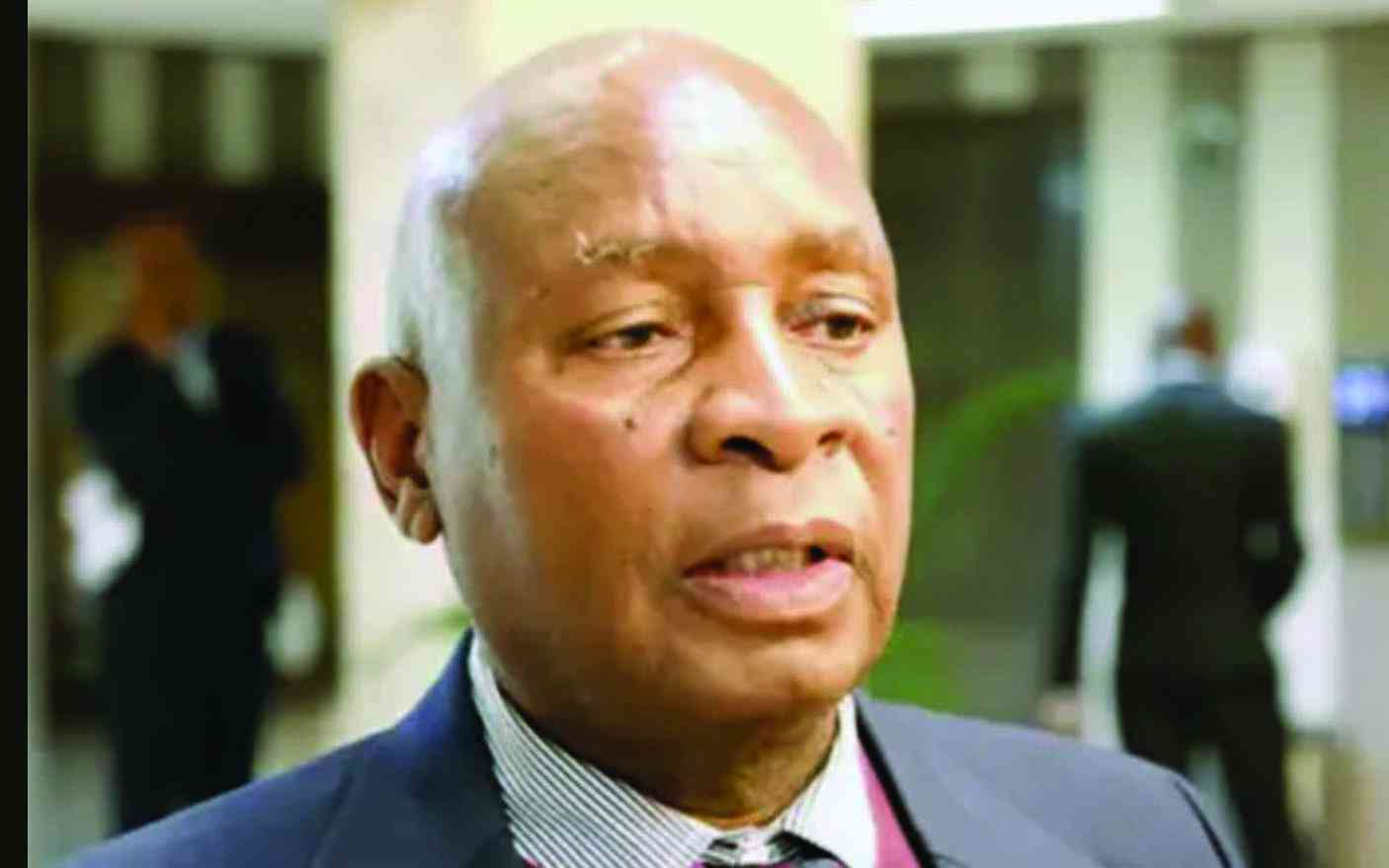
SHAME MAKOSHORI DURING the run to the recent Chamber of Mines of Zimbabwe annual mining conference, markets expected the government would behave as usual — offering assurances to businesses that the operating environment would improve and the future was bright.
It is the sort of assurance that investors, especially in the mining industry, would expect following several outlook reports released by international research firms recently. But apart from research-based forecasts, Zimbabwe’s miners have been unsettled by foreign currency shortages, escalating exchange rate volatilities and recent steep surges in annual inflation. For Zimbabwe, the most damaging international report came from the American-based Fraser Institute.
“This year, Zimbabwe replaced Venezuela as the least attractive jurisdiction in the world,” the Fraser Institute said last month, referring to the investment climate in the mining industry.
“Also, in the bottom 10 (beginning with the worst) are Spain, the Democratic Republic of Congo (DRC), Mali, Nicaragua, China, Panama, and Argentina: Mendoza, Venezuela, and South Africa.”
While the chamber struck a largely optimistic tone about the outlook in its annual report released at the conference, it, however, said several developments during 2021 militated against growth. It said the industry was currently consulting authorities to address the issues affecting it. Addressing these would be important to help the sector achieve the targeted US$12 billion in annual revenue by next year, from US$5 billion in 2021.
“In 2021, the operating environment for the mining industry was predominantly challenging on the back of loss of value on the surrender portion of export proceeds, inadequate foreign exchange allocations, fragile power supply, capital constraints and high-cost structure,” the Chamber of Mines chief executive (CE), Isaac Kwesu said.
“These challenges weighed down the full potential of the mining industry in 2021, with some minerals including PGMs, nickel and ferrochrome recording output declines compared to 2020.
“A significant number of mines are facing foreign currency shortfalls to meet their operational requirements.
- Chamisa under fire over US$120K donation
- Mavhunga puts DeMbare into Chibuku quarterfinals
- Pension funds bet on Cabora Bassa oilfields
- Councils defy govt fire tender directive
Keep Reading
“With most mining companies in expansion mode, they now require more foreign currency to fund the capital projects including setting up beneficiation facilities,” Kwesu said, as he called on authorities to intensify the role out of policies that will help operators scale up production and drive new investment.
Events of the past few months are not entirely new in Zimbabwe — the country was hit by an exodus of investors before, when the late former president Robert Mugabe extended his iron rule to mines, after destroying agriculture and manufacturing enterprises. Authorities were fully aware of these dangers when they stepped to address mining executives in Victoria Falls last week.
After opening up the mining industry to a flood of investors since taking power in 2017, so many things have gone wrong.
Both Mnangagwa and Mines and Mining Development minister Winston Chitando took the opportunity to push through the new concerns at the conference.
Mnangagwa came out guns blazing, threatening to unleash draconian laws on miners, following a string of environmental violations.
“Gone are the days of exporting products in their raw form,” Mnangagwa said.
“We have been engaging platinum miners. They must ensure that they set up a precious minerals’ refinery in the shortest possible time. Mining houses must ensure that they practise responsible mining.
“I see that many people have dug up holes and they have gone. It was not God (who set up the holes). It must be you. You should not invite me to introduce draconian law. I know that your mission is to make money, but as you make money, make all those people around you happy,” he said.
Mnangagwa also fired a broadside on miners for abandoning their pledge to develop infrastructure. Under his “Zimbabwe is Open for Business” campaign, Mnangagwa made a big shift from the resource nationalism stance previously pursued by Mugabe, which has been blamed for instigating extensive capital flight.
“Roads around mines are poor. And the blame is put on the government. But the government has done its part by giving you licences to operate. You must play your part,” Mnangagwa said.
Most of the outcry has been heaped on Chinese miners, who have been blamed for decimating the environment, digging up villagers’ ancestral graves and forcing people out of their homes to make way for mining. Chitando said he was moving to aggressively enforce a “Responsible Mining Initiative” announced last year to stem tax evasion and smuggling in the country, which has been losing US$1,5 billion a year to backstage gold deals.
“In 2021, government came up with the responsible mining initiative which we will be enforcing in the next few weeks,” Chitando said.
“Mining companies must pay tax. They must respect the country’s laws and they must protect the environment.
“People are getting licences for claims and going on to mine before getting the EMA (Environmental Management Act) go ahead,” Chitando said.
“It (enforcing the initiative) is an issue we are coming heavy on in the next few weeks.
“We will be coming up with a programme to ensure that all mining entities comply with the laws of the country,” the minister said.
Commentators have expressed mixed views about the official statements.
For Tapiwa Simba, head of research at SA headquartered Trade Winds, the new warnings would not affect investment, as long as government’s strategy is executed well.
“The issues that were under discussion by both the president and the minister were important,” he said.
“In any country, such issues have been discussed in order to protect the environment, and ensure that host countries benefit from their resources. So, any investor that fails to comply would be wrong,” he said.
But for Shelton Hwenje, a resources analyst, government must ensure that it strikes a balance between protecting the national interest and accommodating investors, given Zimbabwe’s already bad image on the international markets.
“They should avoid another wave of capital flight,” Hwenje told the Zimbabwe Independent.
“True, the need for refineries is important, but is Zimbabwe producing enough minerals across the board to warrant investments into refineries?” he queried.










